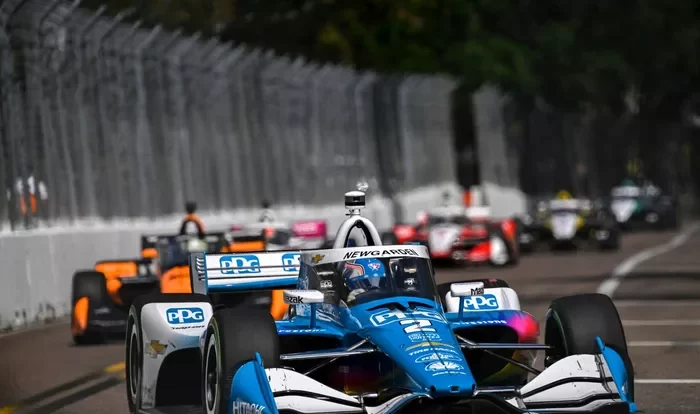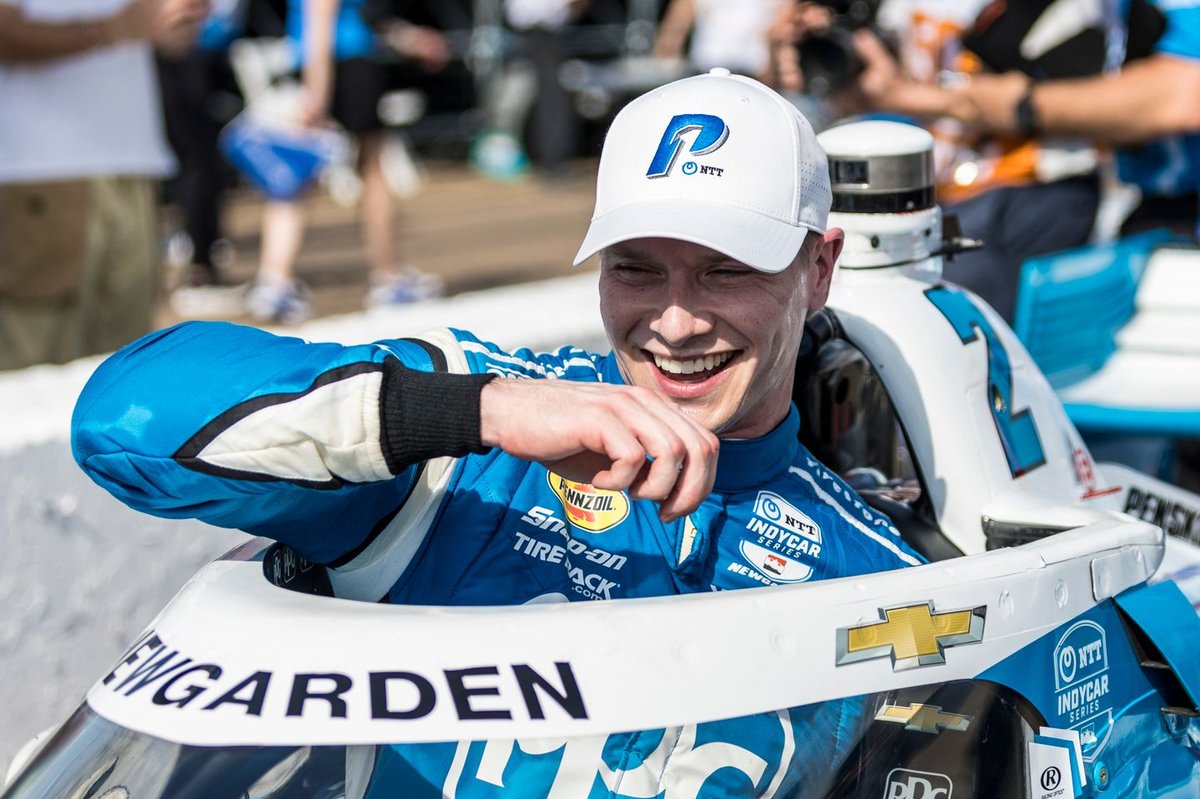The demanding 1.8-mile, 14-turn temporary street circuit witnessed Chevrolet’s dominance with a remarkable 1-2-3-4 finish, spearheaded by Josef Newgarden of Team Penske, who led 92 of 100 laps from pole position to secure the victory.
This outing marked a significant stride for Chevrolet, who clinched the 2023 manufacturers’ title despite securing only five wins compared to Honda’s 12. While Chevrolet excelled on ovals, Honda was acknowledged for its superior drivability and fuel efficiency on road courses.
Chevrolet-powered drivers disclosed a series of off-season meetings aimed at enhancing various engine-related aspects for the 2024 season. Rob Buckner, Chevrolet’s IndyCar Program Manager, shed light on the areas that contributed to their improved performance.
Buckner stated, “It’s not just one thing. Credit goes to our teams, who have returned stronger for the 2024 season. We’ve allocated more resources to GM Motorsports with our new Charlotte Technical Center, upgraded software tools, and recruited skilled personnel. Our commitment is unwavering.”

He continued, “The Chevrolet engine package has seen enhancements, our teams have improved, and our support system for integrating everything has matured. I’m excited about the 16 more opportunities we have to showcase our capabilities.”
The impressive results at St. Petersburg provided an encouraging start to the season for Chevrolet and IndyCar, aligning with GM Motorsports’ strong performance in 2024. However, Honda retaliated with a victory in the non-points Thermal Million Dollar Challenge last weekend.
“St. Pete marked a fantastic start for Chevrolet, IndyCar, and GM Motorsports in 2024,” Buckner remarked. “It’s reassuring to see our engineering efforts paying off. But, it’s just the beginning of the season with 16 races ahead. St. Petersburg has historically favored Chevrolet, so winning there holds significant value.”
He expressed pride in the engineering team’s growth over the past year and their efforts being recognized with positive results.
Another noteworthy aspect is the refinements made to the current 2.2-liter, twin-turbo V6 engine, coinciding with Chevrolet and Honda’s development of hybrid technology set to debut in the latter part of the season.
Extensive testing, primarily conducted by Team Penske and Arrow McLaren for Chevrolet and Andretti Global and Chip Ganassi Racing for Honda, has been crucial in this process. Recently, other teams had their first opportunity to test the new product.
“This year poses unique challenges,” Buckner acknowledged. “We’ve been heavily focused on hybrid testing while also preparing for the start of the 2024 season. It’s essentially managing two independent programs with distinct challenges, but our collective group at GM, along with our partners at Ilmor and our race teams, consistently rise to the occasion.”

